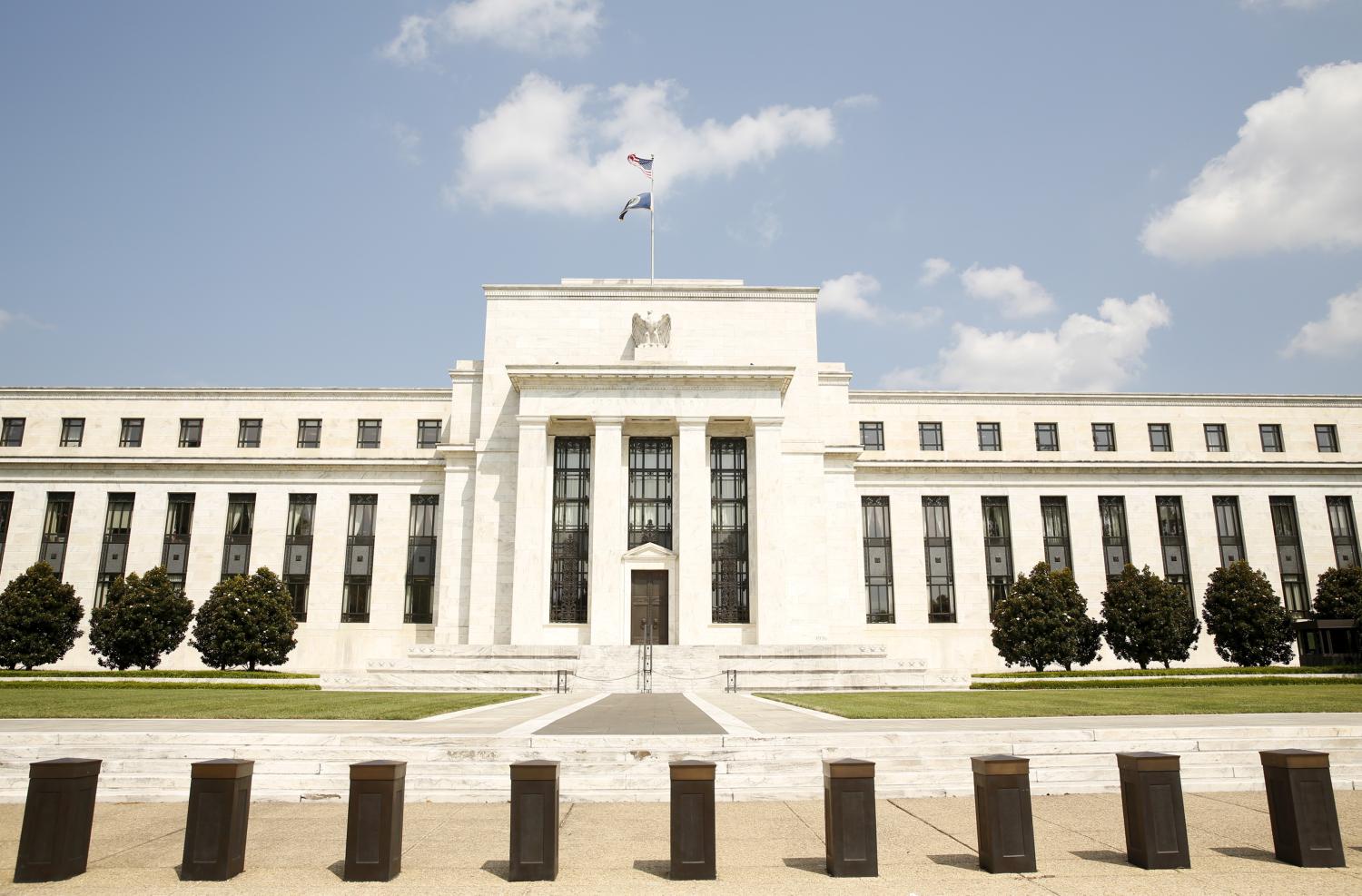This paper was presented at the 9th Annual Municipal Finance Conference on July 13-14, 2020.
This paper provides the first evidence on an unmentioned cost of U.S. medical marijuana liberalization imposed by investors in the capital market. Stephanie Cheng, Gus De Franco and Pengkai Lin show that the staggered passage of state medical marijuana laws increases state bonds’ offering and trading spreads by 7-11 basis points. Consistent with medical marijuana laws causing an increase in states’ credit risk, states incur higher safety and public welfare expenditures and experience greater deficits following the law’s passage. Additional analyses show the increase in spreads is stronger for states with greater corruption, more vulnerable demographics, and better cultivation environments. Overall, these results support economic theory on substance use, which suggests that legalizing marijuana for medical purposes expands the availability, reduces the perceived risks, and increases the local consumption of marijuana.
The authors did not receive financial support from any firm or person with a financial or political interest in this article. None is currently an officer, director, or board member of any organization with an interest in this article.
The Brookings Institution is committed to quality, independence, and impact.
We are supported by a diverse array of funders. In line with our values and policies, each Brookings publication represents the sole views of its author(s).








